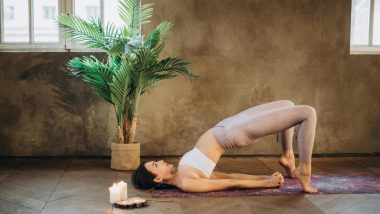World Hypertension Day, observed annually on May 17, is a global initiative to raise awareness about hypertension (high blood pressure) and promote measures to prevent and control this condition. Established by the World Hypertension League (WHL) in 2005, the day focuses on educating the public about the dangers of hypertension, which is a leading risk factor for cardiovascular diseases, stroke, and kidney failure. It emphasises the importance of regular blood pressure monitoring, healthy lifestyle choices, and adherence to treatment regimens to reduce the global burden of hypertension. World Hypertension Day: Health Ministry Announces '75/25' Initiative for People With High Blood Pressure, Diabetes.
Yoga for hypertension is increasingly recognised as an effective complementary approach to managing high blood pressure. Incorporating asanas (physical postures), pranayama (breathing exercises), and meditation, yoga helps reduce stress, improve cardiovascular health, and enhance overall well-being. Regular yoga can lower blood pressure by promoting relaxation, reducing the body's stress response, and improving circulation. World Hypertension Day: How is Blood Pressure Measured? Understanding the Different Stages of Hypertension.
Studies have shown that individuals who practice yoga regularly often experience significant reductions in both systolic and diastolic blood pressure, making it a valuable tool in the holistic management of hypertension. As you observe World Hypertension Day 2024, we at LatestLY have brought together a collection of five yoga poses that can be helpful in managing hypertension and decreasing your blood pressure. 5 Facts About High Blood Pressure That You Should Know Of.
1. Sukhasana (Easy Pose) with Forward Bend
Sukhasana promotes relaxation and reduces stress, which can help lower blood pressure. Sit cross-legged on the floor, keeping your back straight. Inhale deeply, and as you exhale, slowly bend forward, extending your arms in front of you. Rest your forehead on the floor or a block. Hold the pose for one or two minutes, breathing deeply.
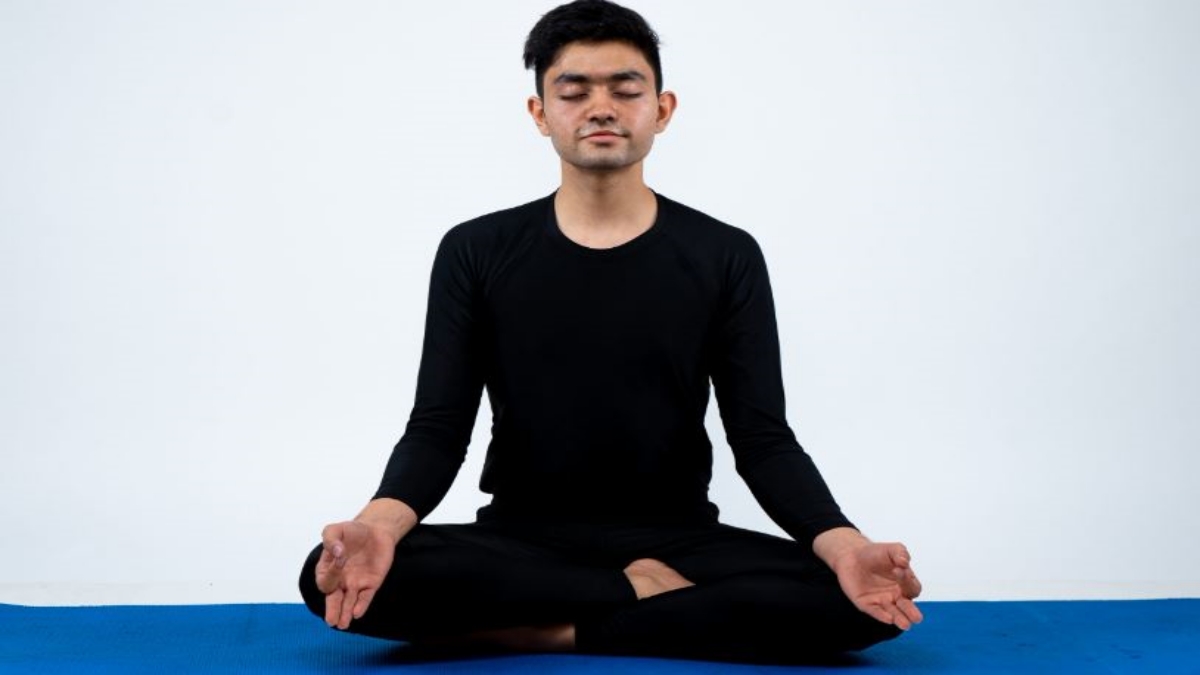
2. Paschimottanasana (Seated Forward Bend)
This asana calms the mind and stretches the spine and hamstrings, reducing stress. Sit on the floor with your legs extended straight in front of you. Inhale and lengthen your spine. Exhale and bend forward from your hips, reaching for your feet or ankles. Keep your back straight and hold the pose for one or two minutes, breathing deeply.
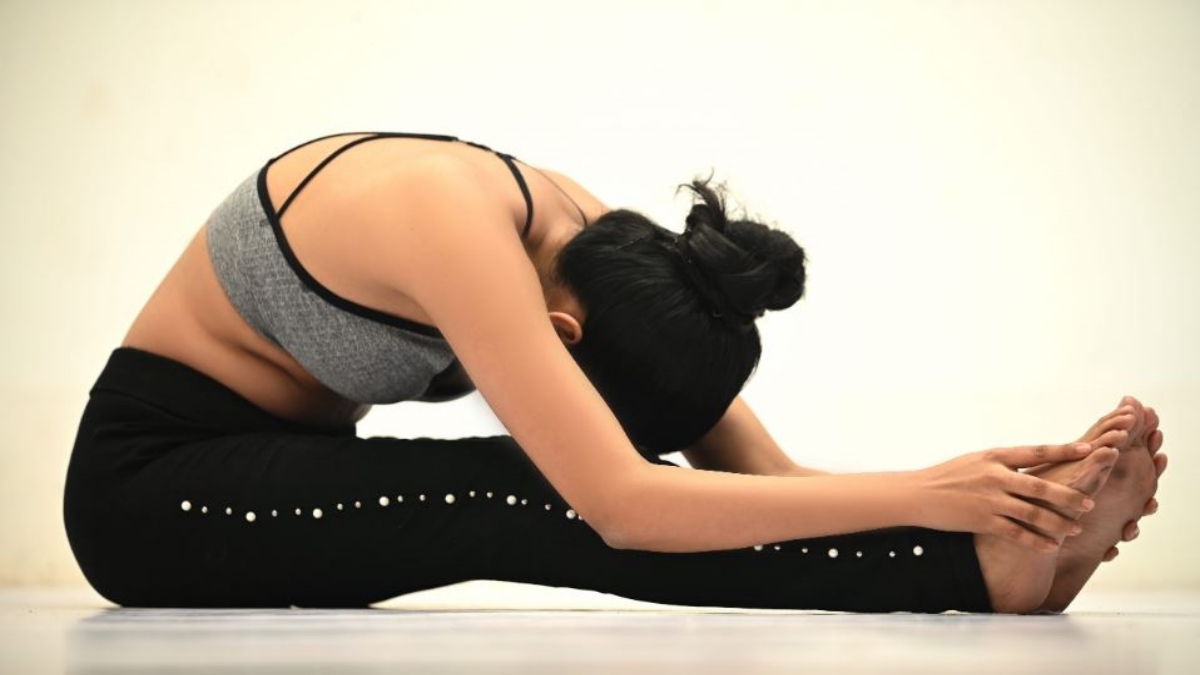
3. Setu Bandhasana (Bridge Pose)
Setu Bandhasana opens the chest and improves circulation, which can help lower blood pressure. Lie on your back with your knees bent and feet flat on the floor, hip-width apart. Inhale and lift your hips towards the ceiling, keeping your feet and shoulders grounded. Clasp your hands underneath your back for additional support, if comfortable. Hold the pose for 30 seconds to 1 minute, breathing deeply.
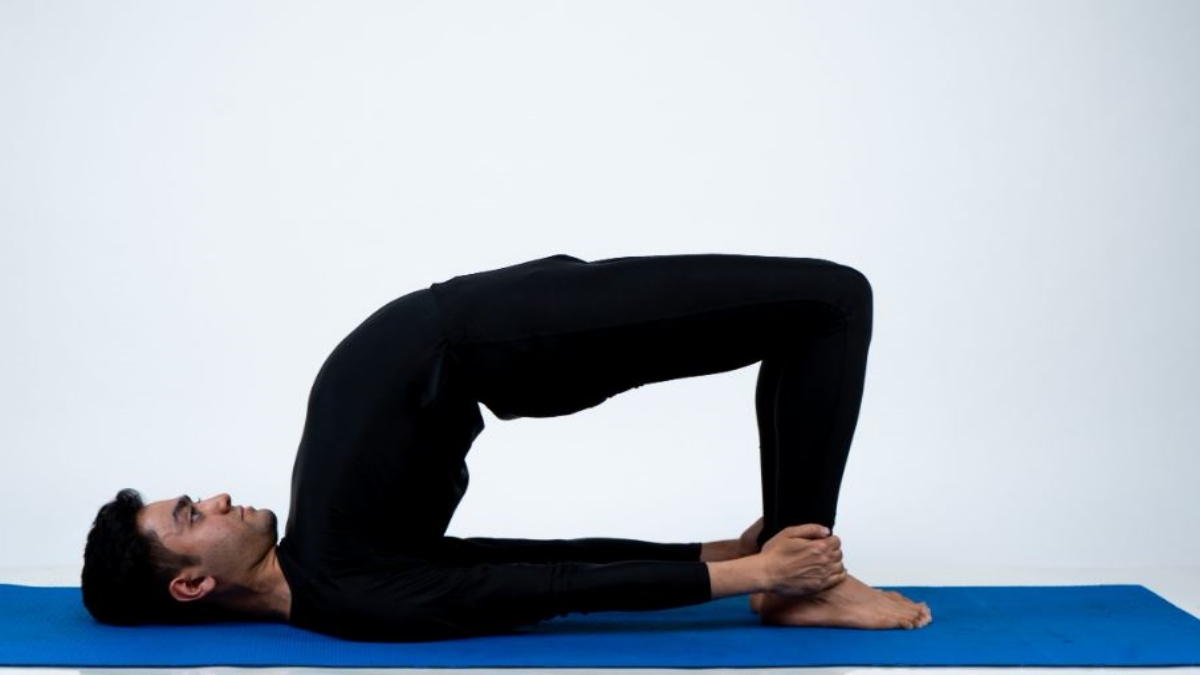
4. Balasana (Child’s Pose)
The child’s pose promotes relaxation and relieves tension in the back and neck, which can help reduce blood pressure. Kneel on the floor, sitting back on your heels. Separate your knees slightly and fold forward, resting your forehead on the floor. Extend your arms in front of you or alongside your body. Hold the pose for 1-2 minutes, breathing deeply.
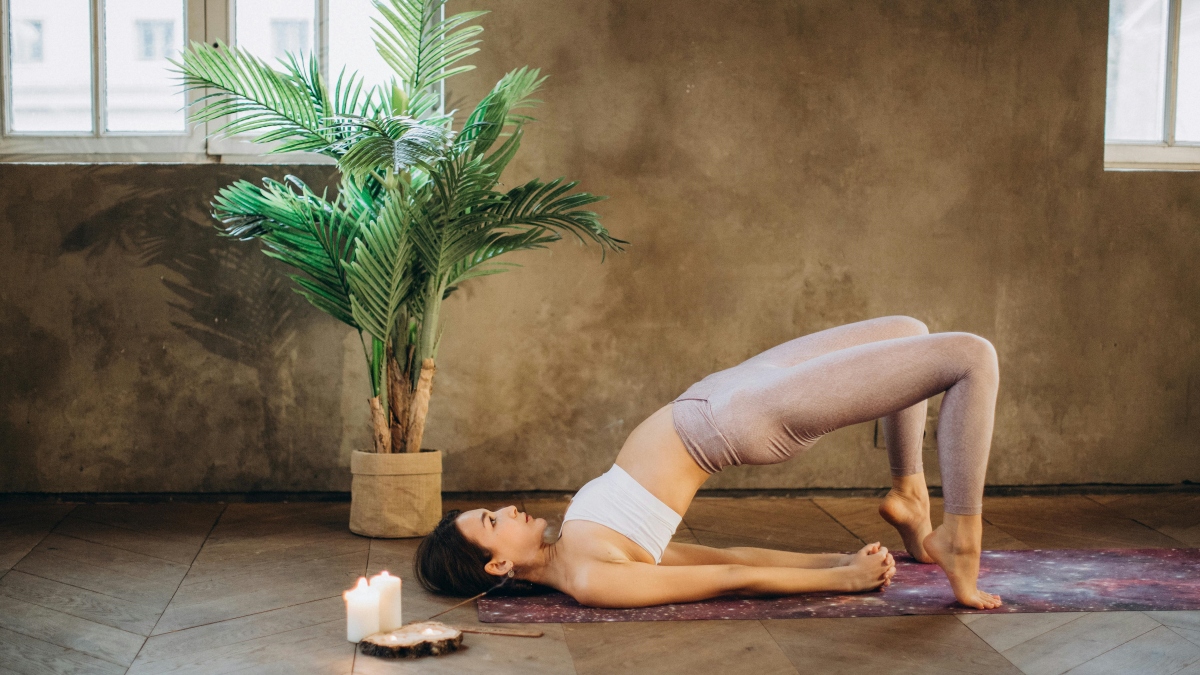
5. Viparita Karani (Legs-Up-The-Wall Pose)
It improves circulation, reduces stress, and promotes relaxation, which can help lower blood pressure. Sit close to a wall and lie down on your back. Swing your legs up the wall so that your body forms an L-shape. Rest your arms by your sides, palms facing up. Hold the pose for five to ten minutes, breathing deeply and relaxing your body.
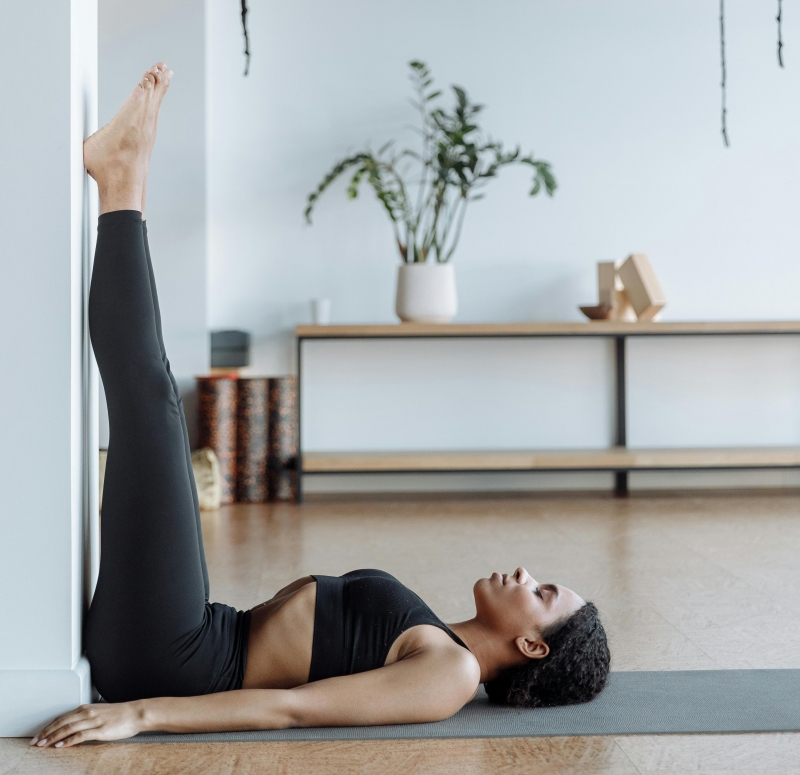
When practised regularly and combined with deep, mindful breathing, these poses can help manage hypertension and improve cardiovascular health. As with any exercise regimen, it's essential to consult with a healthcare provider before starting yoga, especially if you have any existing health conditions.
(The above story first appeared on LatestLY on May 17, 2024 12:43 PM IST. For more news and updates on politics, world, sports, entertainment and lifestyle, log on to our website latestly.com).













 Quickly
Quickly









